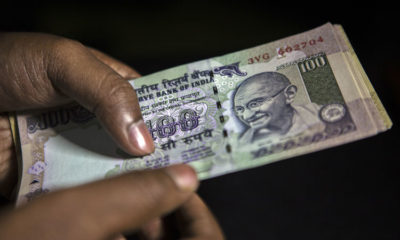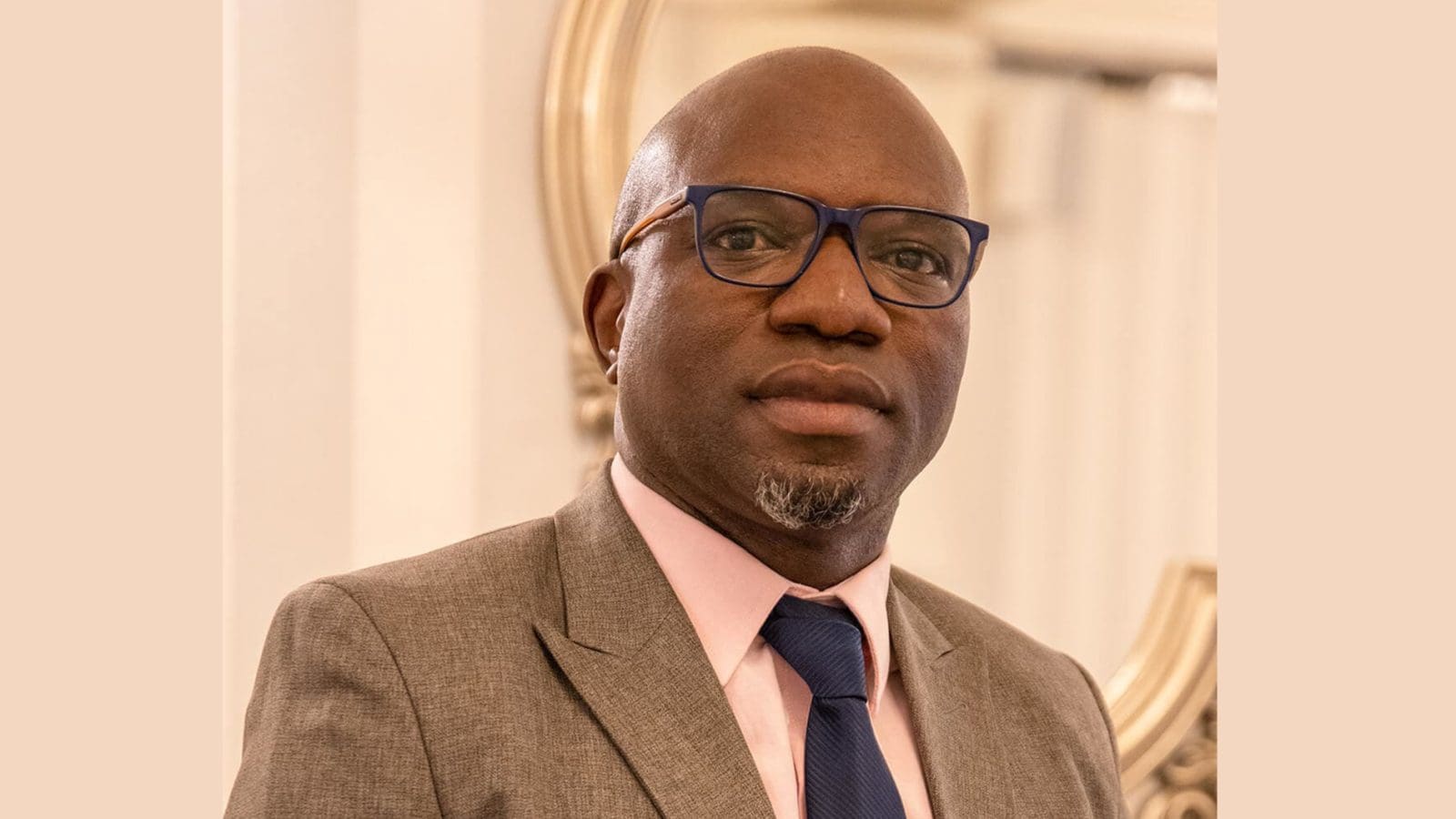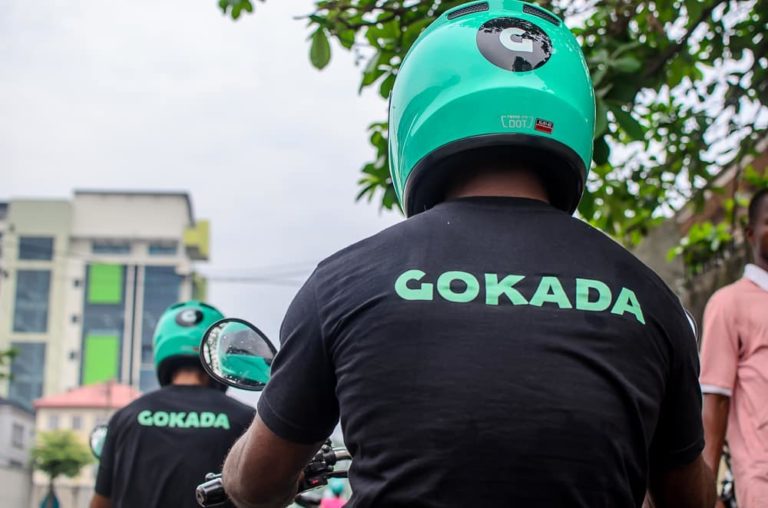The Nigerian business community was rocked by tragedy as Nick Imudia, former CEO of e-commerce giant Konga and current CEO of solar energy solutions innovator D.light, died by suicide in his Lekki apartment.
Imudia’s death, confirmed on the night of Tuesday, June 25, has left friends, family, and colleagues in a state of shock and sorrow.
According to sources, Imudia reportedly took his own life by jumping from the balcony of his home. In the moments leading up to the tragic incident, he made a series of distressing phone calls.
He reached out to his brother in the United States, giving detailed instructions on how to distribute his wealth should anything happen to him.
Imudia also spoke to his young daughter from a previous relationship, offering her comforting words and telling her to look to the sky to see him.
Imudia’s sudden death has raised many questions among those who knew him. Described by colleagues as a visionary leader, Imudia was instrumental in the growth of Konga, one of Nigeria’s largest e-commerce platforms.
After his tenure at Konga, he continued to make significant contributions to the tech industry as the CEO of D.light, a company known for its innovative residential solar energy solutions.
Imudia hailed from Ika South Local Government Area of Delta State and had a young daughter from a previous marriage that ended due to irreconcilable differences.
Despite the end of his marriage, those close to him said he maintained a strong bond with his daughter, often expressing his deep affection for her.
The reasons behind Imudia’s decision to end his life remain unclear. As news of his death spread, messages of condolence and tributes poured in from friends, family, and business associates.
Many have expressed their profound sadness and confusion as Imudia was widely seen as a successful and driven individual.
“Nick was a brilliant mind and a compassionate leader,” said a former colleague. “His death is a huge loss to the tech community in Nigeria and beyond. We are all struggling to understand why this happened.”
Authorities are investigating the circumstances surrounding Imudia’s death. Meanwhile, his family has asked for privacy as they navigate this difficult time.
Nick Imudia’s death is a stark reminder of the unseen struggles many face, even those who appear successful and accomplished.
His passing has sparked conversations about mental health awareness, urging individuals to seek help and support when needed.

 Billionaire Watch3 weeks ago
Billionaire Watch3 weeks ago
 Startups4 weeks ago
Startups4 weeks ago
 News4 weeks ago
News4 weeks ago
 News4 weeks ago
News4 weeks ago
 Bitcoin4 weeks ago
Bitcoin4 weeks ago
 Naira4 weeks ago
Naira4 weeks ago
 Forex3 weeks ago
Forex3 weeks ago
 Treasury Bills4 weeks ago
Treasury Bills4 weeks ago























